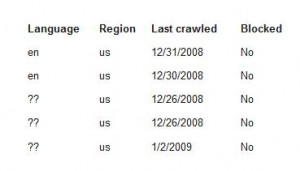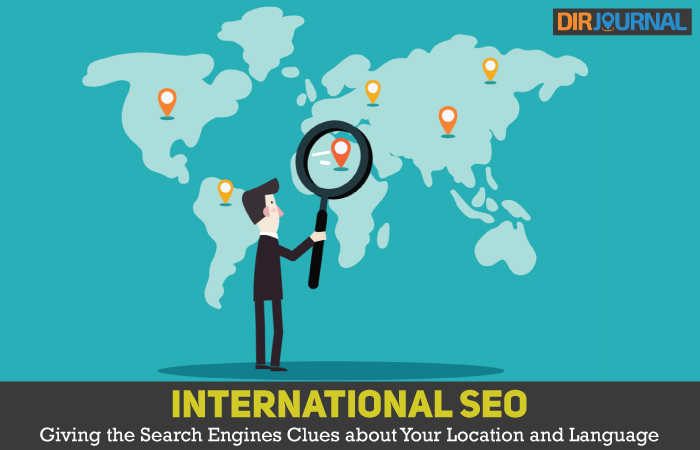In a previous article we looked at some of the complexities between language and geography for international Seo, and how they apply to top level domains. In this article are going to be looking at other indicators that you can use to tell search engines which country or language your content is in, to help it rank in the appropriate place.
As companies and organizations strive to build worldwide presences, and rank for multiple terms in multiple languages or geographic regions, they can often have great difficulty telling search engines which content applies to which language or region. However, there are certain tools that webmasters and marketers have at their disposal. As discussed previously, the use of country specific TLD’s, and language specific subdomains are key indicators that the search engines use in determining relevance. However, care must be taken not to send conflicting information whenever possible. One of the most common sources of conflicting data is character codes or ISOs. Character codes were implemented to help automated software or other equipment have an easier time with translation, and are also used by search engines or similar purposes. For example, most websites in the US serving content in English will give the following character :
Content-Type: text/html; charset=UTF-8
However, websites in France serving content in French will usually serve the following character code:
Content-Type: text/html; charset=ISO-8859-1
To make the character code issues more complicated, character codes can be served by the web server, CMS, or HTML code. Serving a single page with conflicting data, makes it difficult for the search engine to determine what is the most appropriate selection. The issue can be more complex, by serving different parts of the website with different character codes. For international Seo is worth taking the time to research and find the most appropriate character code. Look at the top results for some of your keywords and try to determine charater codes they are serving. You can check which character codes with various header tools, such as the one and SeoConsultants.com. For more information on character codes should consult the W3C Internationalization guide.
Another indicator used by search engines is the IP of the web host. Search engines, particularly Google are relying less and less on this factor, as the economics of hosting in different countries, plays a role. However, if you’re having difficulty ranking in a specific country, choosing a hosting company with an IP range in that country, may be helpful.
Another tool you can use to tell search engines about the preferred country you want your content to be indexed in, comes from the search engines themselves. Google Webmaster Central gives you the option to tell them which country your content is most relevant to.

Microsoft Webmaster Center also gives you some data about how they are intrpreting your content, however they don’t allow you to manually specify a region.

Another indicator that search engines, use are inbound links from other domains. Having a large number of links from pages in a specific language, or with specific country specific TLD’s, have been shown to have some influence on international rankings. So if you are having difficulty ranking in a specific language or region, creating content that will generate links, or reaching out to other webmasters, who are already ranking in those TLD’s or languages, would be a worthwhile effort.
As you can see international Seo is a complicated process, something that should be for about a plan beforehand. For more information about international Seo be sure to subscribe to our RSS feed.
